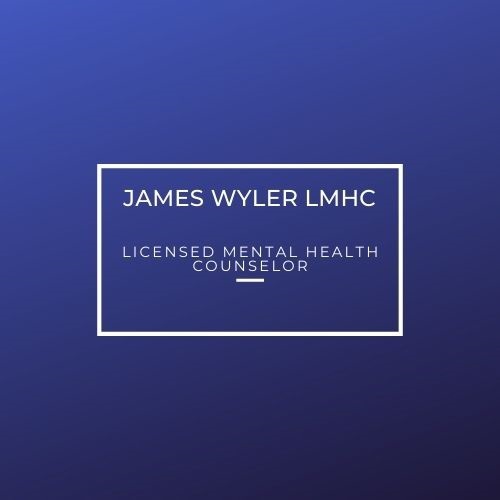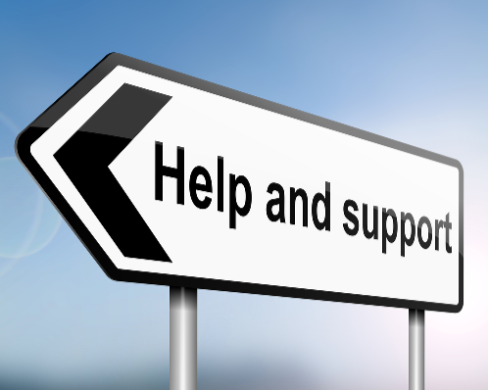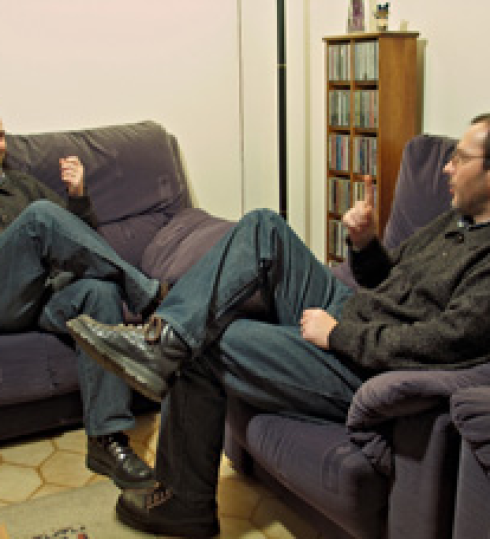Thoughts and Suggestions
A Hard Road Ahead
Mar 25, 2016
If you or a loved one are currently actively addicted to drugs or alcohol the road ahead is a difficult one. Recovery from Drugs/Alcohol is hard but those who do recover find that the life they left behind was so much harder. A daily life filled and fueled by drugs and alcohol is all encompassing. No one grows up with the intention of being an addict, addicts and alcoholics drink/drug for many reasons and as time passes their consumption continues to increase until they are unable to go without. Abuse has crossed over into addiction. The reality is that addiction is an insidious disease it slowly consumes you until you are no longer the person you once were. Most fail to notice the changes in themselves as the drug begins to do its work. As the individual continues to drink or drug the disease progresses slowly not satisfied until it has compromised them physically, socially, financially, and spiritually bringing them to a state of hopelessness feeling there is nothing left but to keep drinking and drugging. That’s exactly what the disease of addiction wants. Hopelessness. When there is no hope, when someone feels they are beyond redemption why would they stop harming themselves with alcohol or drugs? How could they if they don't see a way out? The disease of addiction is a powerful one but Recovery is possible. Millions of people each year enter Recovery and begin a new life.
Recovery from Addiction requires an intervention. The intervention can come either from the user themselves or from a loved one. What an intervention does is to allow time for the drug or alcohol use to stop. In order for any chance of recovery to begin use needs to end. The first step is abstinence. In abstinence the user is merely abstaining from use thus allowing the body and brain to begin to repair itself. In this critical time there needs to be some kind of structured support in order to continue abstinence. The disease of addiction is too powerful for anyone to abstain long-term on their own. For some Detoxification and Inpatient treatment is required, for others Outpatient treatment is sufficient and there are those that are able to abstain and enter into recovery with a supportive network in the community such as Alcoholics Anonymous or Narcotics Anonymous.
One on One Therapy can be an important part of the Recovery process. Often people use drugs/alcohol to avoid feeling their feelings. When entering Recovery it can be difficult to live Life on Life's Terms. Anger will come up, difficulties with impatience and irritability; feelings related to guilt/shame and ultimately the desire to return to drug/alcohol use. Having a private counselor to help you through the process for many can make all the difference.
Jim Wyler, LMHC



